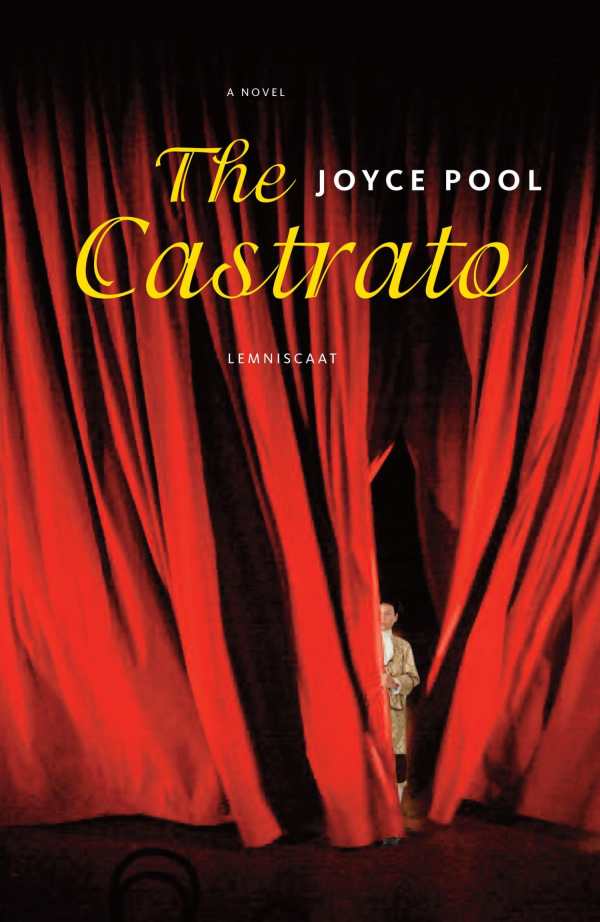
The Castrato
The Castrato is an enjoyable portrait of post-Renaissance Italy told from a fresh and original point of view.
Florence in 1698 is the backdrop for Joyce Pool’s The Castrato, a sensitive tale of the joys and sorrows of life as a castrato.
Twelve-year-old Angelo Montegne, gifted with a golden voice, thinks he’s made a good bargain. In return for education and the training, he will sing for the church at masses, funerals, and on demand for wealthy patrons. Only when he wakes with a searing pain in his groin does he begin to realize the true cost of his bargain, a mutilation performed against his will.
The story leaps ahead four years to find Angelo, still in training, renowned as one of the best sopranos in Florence. Soon he attracts the attention of Prince Ferdinando de Medici, attention that will ultimately force him to choose between a life of fame and luxury as the Prince’s pet, and the life he would choose for himself.
The story is at its best when showing Angelo’s attempts to balance his passion for music with his ruined self-image. Angelo is sterile but still sexual; women appeal to him, but he fears his inability to have children, combined with the elongated limbs common to castrati, rule out hope of marriage. Nevertheless, he finds comfort in flirting with a shy housemaid and, later, something deeper with Rosa Scarlatti, daughter of the famous composer.
Rosa’s willingness to accept him as he is seems powerful enough to pull Angelo away from the Prince’s offer, but powerful counterweights are posed by his obligation to care for his impoverished sister and the knowledge that refusing a Medici will end his career in Florence.
Some scenes go on for too long, padded with red herrings and detours. An initial flashback of the days leading up to Angelo’s castration also slows the pace, and pensive Angelo is sometimes unrealistically naive; the repeated insistence that love-interest Rosa is impudent and impetuous can be grating.
The Castrato is an enjoyable portrait of post-Renaissance Italy told from a fresh and original point of view.
Reviewed by
Susan Waggoner
Disclosure: This article is not an endorsement, but a review. The publisher of this book provided free copies of the book to have their book reviewed by a professional reviewer. No fee was paid by the publisher for this review. Foreword Reviews only recommends books that we love. Foreword Magazine, Inc. is disclosing this in accordance with the Federal Trade Commission’s 16 CFR, Part 255.
